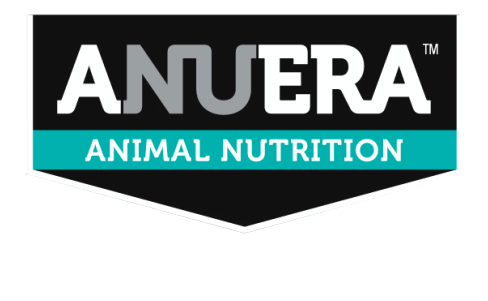
A is for Arthritis: Understanding and Healing Joint Pain Naturally in Pets
Share
At ANUERA Animal Nutrition, we believe education is just as important as great products. So, we’re taking you through the alphabet of animal health—and this week, A is for Arthritis.
Arthritis is one of the most common health issues in pets, and it doesn’t just affect older animals. It can impact young, active pets too. It starts with inflammation in the joints and, over time, can cause pain, stiffness, and reduced mobility. You might notice your pet slowing down, limping, hesitating to jump, or seeming less playful.
Common causes include age-related wear and tear, past injuries, poor gut health, and a build-up of toxins in the body. Unfortunately, arthritis tends to worsen over time if left untreated.
Most vets offer monthly injections or medication to manage arthritis, but these can cost up to $500 a month. While these treatments may relieve symptoms, they don’t always address the root causes.
The good news? There is a natural alternative that doesn’t just manage symptoms—it supports healing from the inside out.
Our ANUERA Animal Nutrition probiotic supports gut health, reduces inflammation, and binds and removes toxins. Paired with our Tassie Salmon Fish Oil, which is rich in Omega 3, 6, and 9, this powerful combination works to relieve pain, improve mobility, and protect joints. These products are 100% natural, bioavailable, and multifunctional—so every ingredient has a purpose and delivers multiple benefits.
Together, they don’t just manage arthritis—they help reverse the damage and get your pet moving freely again.
Signs of arthritis to watch for in your pet:
· Slowing down or tiring easily
· Limping or stiffness, especially after rest
· Reluctance to climb stairs or jump up
· Behavioural changes like irritability or withdrawal
If you notice any of these signs, don’t wait. The earlier you act, the better your pet’s outcome.
View our ANUERA for Pets products or contact us to learn more about our natural arthritis solutions—and stay tuned next week for B in our animal health A to Z series!
